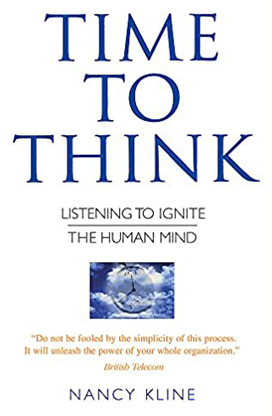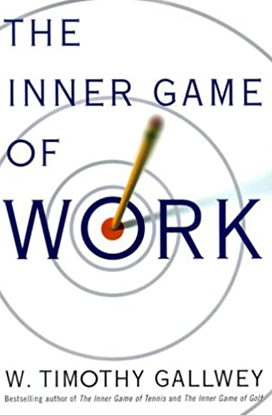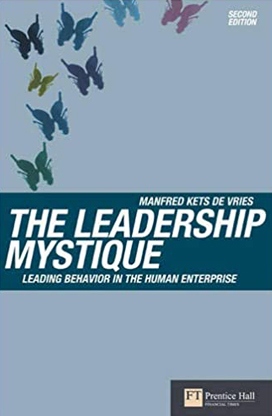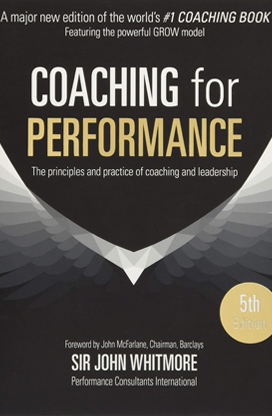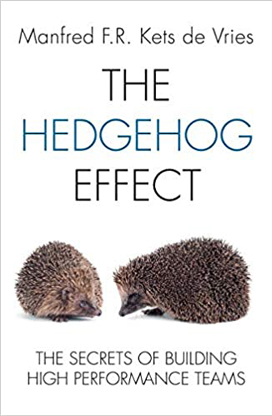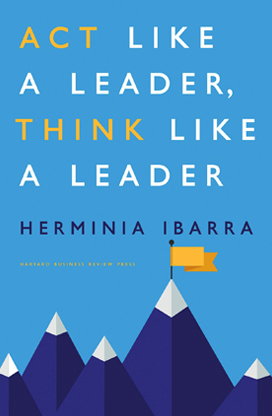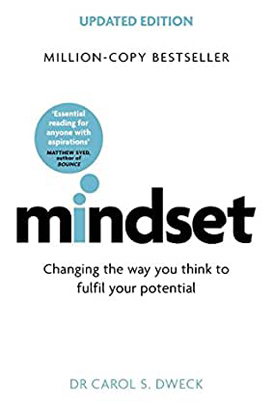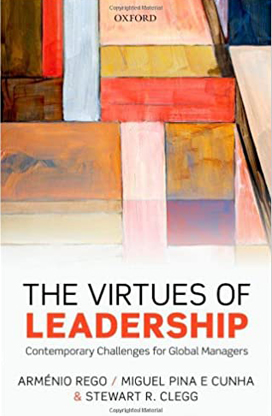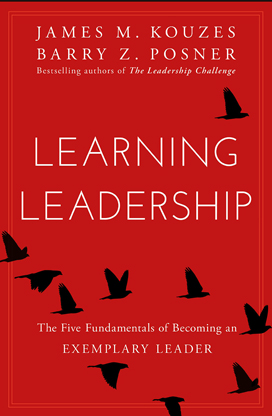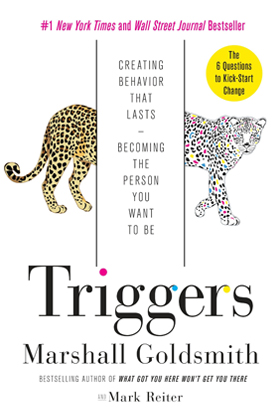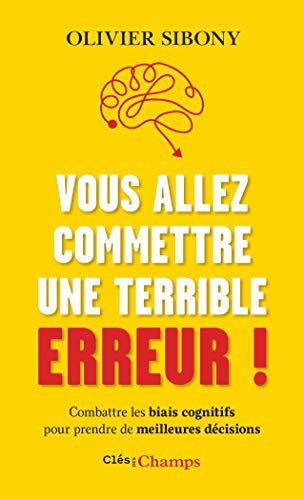Books
Building trust: in business, politics, relationships, and life - Robert C. Solomon
Establishing a high level of trust within the coaching relationship is one of the key success factors. In the book, the authors insist that trust is created, that it is a dynamic element, which implies personal commitment. They argue that trust is first and foremost a problem of commitment and maintaining one's commitments, that it is not a problem of trust but rather an inability to maintain one's commitments at the heart of a relationship that is by nature dynamic.
The EQ Edge : emotional intelligence and your success - Steven J. Stein
In this book, the authors point out that emotional intelligence is a set of emotional and social skills. It is our ability to objectively assess our strengths, as well as to be open to examining and questioning our limitations, mistaken assumptions, unrecognized biases, and myopic or self-destructive beliefs. Emotional intelligence also encompasses our ability to read the political and social environment; to understand what others want and need, their strengths and weaknesses; to avoid being overwhelmed by stress; and to be engaging and the kind of person others want to be with.
Humble leadership : the power of relationships, openness and trust - Edgar H. Schein & Peter Schein
Noting that the complexity of the world is growing exponentially, the author, Honorary Professor at MIT, proposes a relational vision of leadership. Leadership would first and foremost be a process of learning, sharing and managing new and better tasks in the dynamic interpersonal and group processes that increasingly characterize today's organizations. According to the author, leadership is always a relationship that develops particularly effectively within a culture that values openness and trust.
Time to think : listening to Ignite the human mind - Nancy Kline
In this book, the author proposes a method for creating the conditions for individual and collective reflection. This method is based on the following 10 principles: respectful listening, incisive questioning, an egalitarian process, recognition of each person's qualities, deceleration, a collaborative approach, permission to express emotions in order to restore reflection, and so on.
The inner game of work - Timothy Gallwey
Coming from the world of professional sport coaching, Timothy Gallwey transposes in this book his coaching method to the business world. His method is based on the following three axes:
1. Awareness: Developing one's level of awareness allows one to know the current situation, the starting point, with clarity.
2. Choice: Choosing allows you to commit to a desired direction for the future.
3. Trust: Trust in one's own resources makes it possible to commit oneself.
The leadership mystique : leading behavior in the human enterprise - Manfred Kets De Vries
In this book, the author, an honorary professor at INSEAD, argues that successful leadership requires behaviour that is very different from the conventional leadership tradition. It requires leaders who speak to the collective imagination, who co-opt them to participate in the business trip; leaders who are able to motivate people to become fully engaged and to make that extra effort. It's about understanding the behaviour of individuals and organizations, building relationships, creating commitment, and adapting behaviour to lead in a creative and motivating way.
Coaching for performance : the principles and practice of coaching and leadership - Sir John Whitmore
The author, Sir John Whitmore, often considered one of the fathers of modern coaching, details his GROW coaching model. According to the author, coaching is more than a skill or technique for individual and collective development. Integrated into the process of communication and relationship building, coaching offers practical and common sense approaches to developing people and services, and is a powerful way to unleash potential and create high performance. Most importantly, it puts people at the top of the agenda, in action and not just in words, and is an essential leadership style for the high-performing culture of the future.
The hedgehog effect : the secrets of building high performance teams - Manfred F. R. Kets de Vries
In this book, the author, an honorary professor at INSEAD, reminds us that life in an organization is above all a social adventure, and that leadership is a team game. Like hedgehogs, it is a matter of finding the right distance or proximity with the other elements of the organization in order to achieve a high level of performance. Too much proximity and too much distance will often alter the quality of relationships within a team. Allowing everyone to find the right measure is one of the roles of the team leader.
Act like a leader, think like a leader - Herminia Ibarra
In this book, the author, a professor at the London Business School, puts forward the idea that it is better to test an idea by acting than to get lost in a long introspection. Acting and learning by doing increases what the author calls the external view - the valuable external perspective that is gained through direct experience and experimentation. As opposed to insight, external vision helps to change the way we think as leaders.
Mindset : changing the way you think to fulfil your potential - Dr Carol Dweck
The author explains why it is not only our abilities and talent that bring us success, but it also depends on our state of mind. She clearly explains why praising intelligence and ability does not promote self-esteem and does not lead to achievement, but may in fact jeopardize success. With a good state of mind, a spirit of growth, we can more easily achieve our own goals, both personal and professional.
The virtues of leadership : contemporary challenges for global managers - Armenio Rego
Organizations, especially multinational corporations, can be essential engines of social and economic progress; the virtues and strength of character of world leaders can be powerful drivers of such an enterprise. They cannot be expected to be morally pure or to take responsibility for solving the world's most pressing public problems. However, this book argues that they can be part of the solution, helping to make the world a better place and responding to the realistic desires of a values-based capitalism.
Learning Leadership : the five fundamentals of becoming an exemplary leader - James M. Kouzes
Learning Leadership provides readers with evidence-based strategies to instill the habit of continuous improvement and the mindset necessary to become the best possible leaders. Emerging leaders, as well as leadership developers, internal and external coaches and trainers, and other human resources professionals, will learn from first-hand stories and practical examples in order to deeply understand and apply the fundamentals of becoming the best possible leaders.
Triggers : creating behavior that lasts - becoming the person you want to be - Marshall Goldsmith
Marshall Goldsmith, best-selling author and world-renowned executive coach, examines the environmental and psychological triggers that can derail us at work and in life. The author shows how we can overcome the trigger points in our lives and effect meaningful and lasting change through the use of questions that measure our efforts, not our results. Goldsmith details the six "engaging questions" that can help us take responsibility for our efforts to improve and recognize when we fail.
You're about to make a mistake! - Olivier Sibony
Olivier Sibony, ex-McKinsey and professor of strategy at HEC, exposes the many sources of error (often unconscious) that punctuate any decision-making process. These sources, common to all of us, are called cognitive biases.



